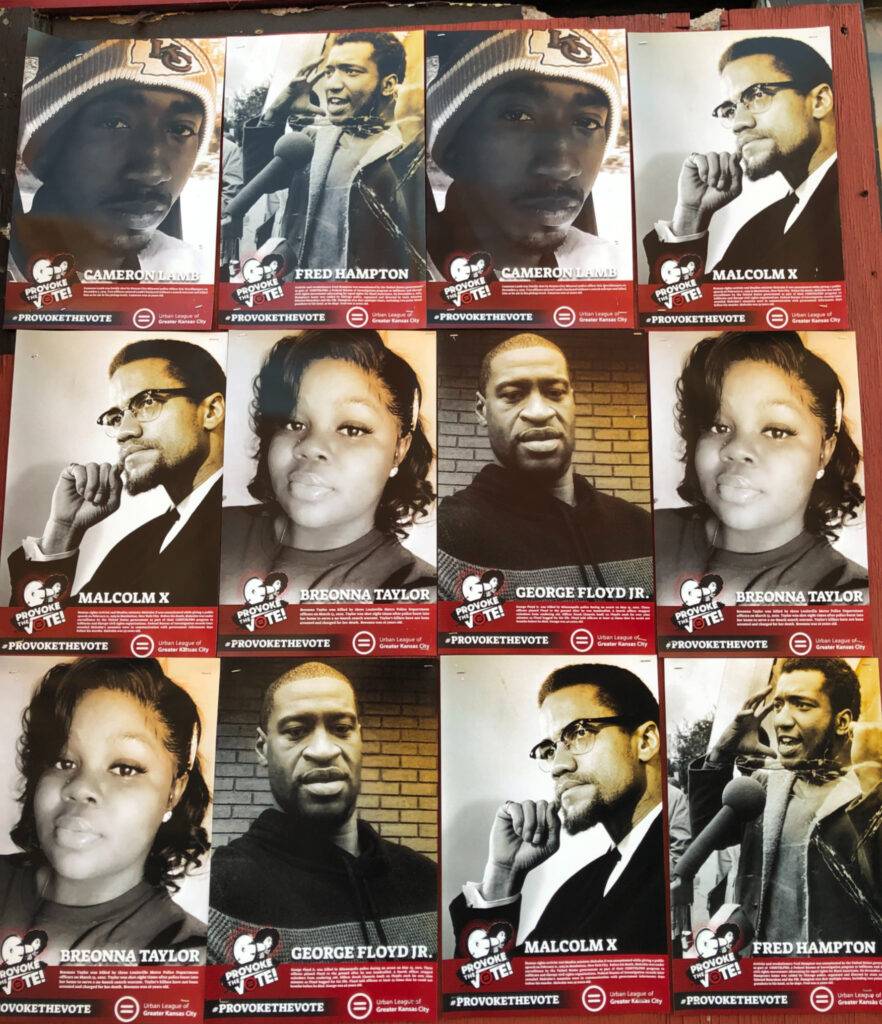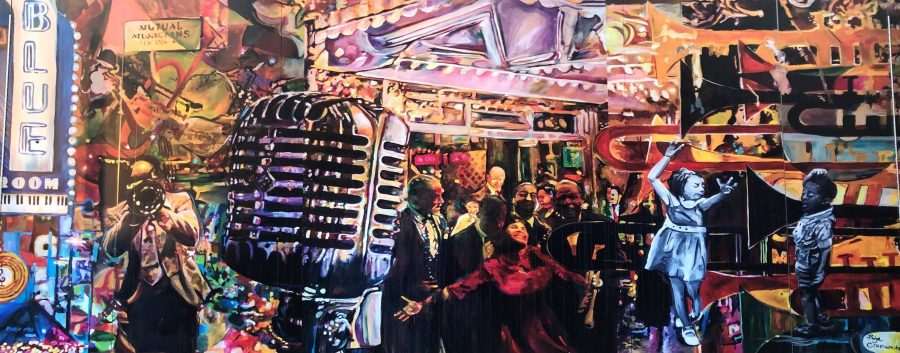Slider photo by Tyler Johnson.
Last month, President Donald Trump tweeted out attacks against the New York Times’ 1619 Project, a journalism project created by author and journalist Nikole Hannah-Jones that focuses on the history of slavery and its impact in the US. The 1619 Project had teamed up with the Pulitzer Center to create a school curriculum currently under fire from the Trump administration, and subsequently, Trump banned diversity training in federal agencies. The 1619 Project’s goal is to “reframe the country’s history by placing the consequences of slavery and the contributions of black Americans at the very center of our national narrative.”

The project is accused of “gaining momentum to deny or obfuscate this history by claiming that America was not founded on the ideals of the Declaration [of Independence] but rather on slavery and oppression” according to a piece of legislation called the “Saving American History Act of 2020” proposed by, to no one’s surprise, a Republican senator. Senator Tom Cotton (R-AR) thought that the 1619 Project “is a racially divisive and revisionist account of history that threatens the integrity of the Union by denying the true principles on which it was founded.” I’m not sure about Senator Cotton’s American history education, but despite the US being founded on principles outlined in the Declaration of Independence, it was, and still is, racially divisive. This has been countered with a bill introduced by Senator Gary Peters (D-MI) on behalf of a group of other Democratic senators. Clearly, as Senator Cotton has demonstrated, the project and the work it is doing is imperative.
They attack the New York Times (though certainly not the first time) and then confirm Judge Amy Coney Barrett to the Supreme Court within a week of a presidential election. Republican leaders are getting gutsy. But these are the dying gasps of a party that no longer represents the majority of America. Nonetheless, it seems determined to have a lasting impact on its way out the door. First disputing whether Confederate statues represent not only traitors to the Union, but whether it represents the institution of slavery or ‘Southern heritage.’
Now, the Trump administration has graduated to attempted censorship. Wow. I’m so surprised. It took schools decades to even incorporate a basic black history curriculum, and when we finally have an accurate representation of that history, it immediately comes under scrutiny. This was not the first time. When the TV show “Roots” aired on ABC in 1977, it received, for the most part, positive reviews. However, as with any TV show, there were some negative reviews. John O’Connor, coincidentally also of the New York Times, wrote that “Roots” was a “distortion or, at the very least, oversimplification” of the slave experience. While any show is certainly allowed to have some creative license, “Roots” was considered different because it chronicles the journey of Kunta Kinte, an African kidnapped by slavers who endured the Middle Passage and inhumane conditions. This was the first major time that the institution of slavery was brought to the attention of the American viewer on a new medium: the TV. The importance that the media has in portraying history cannot be understated.

“[B]lack films that deal with history and race help us educate ourselves about the past,” says Kevin Willmott, a screenwriter on the film “BlacKkKlansman”, as well as a professor of film and media studies at Kansas University, “so we have a clear vision of how to move forward in a multi-racial democracy.”
The power of TV and film is apparent. Stories told in this medium represent society and have the potential to inspire people to act, for better or worse. Think of moving leaders such as Martin Luther King Jr. or Barack Obama. Not only were they strong orators, but they were black leaders of a generation. Or the impact that Chadwick Boseman has had in portraying King T’Challa in the film “Black Panther”. A black superhero with a majority black cast? That is a statement in itself. In the last century, significant progress has been made in the normalization of black stories being represented in mainstream media. But, unfortunately, with progress comes those that seek to impede it. Is that not the stance of conservatism? To preserve the status quo?
In spite of the aforementioned status quo, a history of discrimination and oppression, black Americans have prospered in many places throughout the country. Kansas City has had its own great contributions made by the black Americans. In the aftermath of the Civil War, former slaves built communities attracted by the prospects of employment on railroads and stockyards. In the 20th Century, 18th and Vine in Kansas City, Mo., emerged as a center for the community in both business and culture. During its heyday, the Gem Theater served the black population as a segregated silent movie theater and later a motion picture theater. The Blue Room is a prominent jazz club established in the 1930’s. The Kansas City Call is a weekly black newspaper founded in 1919 and still published today. Black history is all around us in Kansas City, as well as the United States.

Attempts to reframe America’s history by whitewashing it must be met with equal fervor to educate. Omission, or even worse than that, rewriting history, can have dire consequences. We have seen this with Holocaust deniers, and black history is no different. Black Americans today are the culmination of all our people’s history, and we will not be erased. If there are attempts to erase us, instead it will be the very essence of America that is being erased.
_____________________________________________________________________________
*The views and opinions expressed in this article are those of the authors and do not necessarily reflect the position of HBHA’s student publication. The editorial student staff of the “Rampagewired” places the highest value on student-run journalism and responsible, free expression.*
















































































